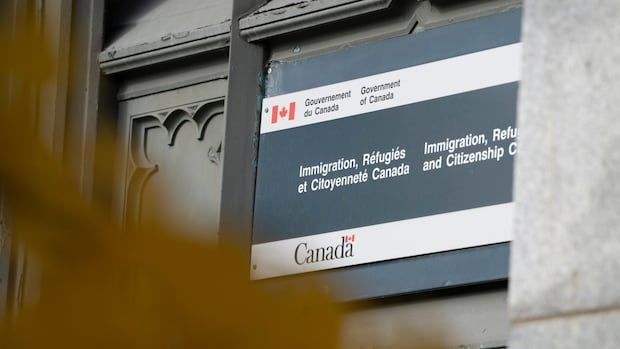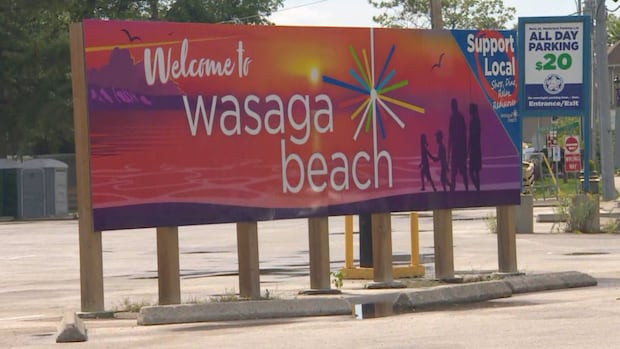A doctor running a network of addiction clinics across Ontario, including an Ottawa location that offers safer opioid supply, is billing public insurance about $2.5 million per year.
Dr. Suman Koka is the sole officer and director of Northwood Recovery, which has locations in North York, Hamilton and Manitoulin Island. It operates under the name Recovery North in Sudbury, Timmins and Sault Ste. Marie.
Northwood Recovery opened its first Ottawa location in Hintonburg last year, but quietly moved it to Chinatown this March.
Neighbours in both Hintonburg and Chinatown have criticized Koka for prescribing opioid medications to fentanyl users. They say his patients are trading the prescription drugs on the street to get harder substances, attracting dealers and crime to the area.
City councillors representing both neighbourhoods have urged Northwood Recovery to change its operations or shut down.
In an interview last month, Koka confirmed that the Ottawa clinic offers safer supply, a harm reduction approach intended to help users replace street drugs like fentanyl with safer prescription narcotics.
Among other treatments, Koka prescribes hydromorphone, which is also known by the trade name Dilaudid. He confirmed that he primarily meets with patients at the Ottawa clinic remotely through telemedicine.
CBC submitted a freedom of information request to the Ontario Ministry of Health seeking records of Koka’s total billing to the Ontario Health Insurance Plan (OHIP). It reveals that he billed just over $2.3 million in 2023 and nearly $2.5 million in 2024.
Those totals do not represent Koka’s profit or take-home pay, since at least some of the money would be used to cover overhead costs at his clinics, which could include rent, supplies and administrative staff.
But the totals are far in excess of typical billing. The average gross clinical payment for Ontario physicians was $388,557 in 2022-23, according to the Canadian Institute for Health Information. Payments for the top quintile — the top 20 per cent of physicians by billing — were $568,432 on average.
CBC also submitted a request for Koka’s billing for telemedicine specifically. He billed $524,302 for virtual care services in 2024, including video and telephone consultations.
The figures were current as of January 22 of this year. The documents include a note that physicians still have a three-month period to submit additional claims for processing.
Koka had previously appeared on a Toronto Star database of highly paid doctors published in 2019. According to the Sudbury Star, which cited the Toronto Star’s reporting, Koka billed $1.5 million in 2018-19, putting him in the top one per cent of doctors ranked by OHIP billing.
Koka did not respond to a request this week with detailed questions about his 2023 and 2024 billing. He did not explain how he is able to personally see enough patients to bill millions of dollars per year, or whether he is delegating some of the care.
But in a March interview, CBC asked him whether he was still one of Ontario’s highest paid doctors.
“I’m not sure about that, but I’ll tell you I’m probably one of the hardest working doctors in Ontario,” he said at the time.
Previously cautioned for telemedicine practices
Doug Angus, a professor emeritus at the University of Ottawa’s Telford School of Management, said Koka would have to see a very high volume of patients to generate that kind of money.
Angus, who specializes in health economics, said Koka’s reliance on virtual care could allow him to cycle through patients quickly.
“That’s changed the game completely,” he said. “There’s a lot of general practitioners who would love to have that kind of situation, but there’s no way they can generate that kind of gross income with face-to-face visits.”
He said that the ministry has tried to rein in high billers, but it’s difficult to monitor. He said they haven’t yet addressed the question of how many patients a doctor can effectively see.
Koka’s membership page on the College of Physicians and Surgeons website shows he has 15 practice locations, as well as hospital privileges at the Health Sciences North regional hospital in Sudbury. His medical professional corporation has 13 different addresses.
The college cautioned him in 2019, after a patient complained that Koka didn’t meet with him at all. Instead, a physician assistant at his office prescribed methadone after a virtual appointment.
The college found no sign that the physician assistant had proper training — and noted that delegating care is only appropriate in the context of an existing doctor-patient relationship, which did not exist in that case.
Somerset Coun. Ariel Troster met with Koka last month, along with area MPP Catherine McKenney. In a post to her website, Troster said she insisted on wraparound supports for patients and better security protocols during the meeting.
She said the clinic has hired a security guard and a nurse and committed to removing people from the program if they divert their medications.
In his March interview with CBC, Koka said Northwood Recovery takes drug diversion very seriously. He said patients found to be trading or selling their medications are discharged from the program.
According to Koka, even suspicion can lead the clinic to put patients under a stricter regime where they must take doses on site.
He said telemedicine has increased the number of people he is able to see, allowing more people to access addiction treatment.
“Whether it’s through video conference or whether through in person, the interaction is the same,” he said.





